By: Christie Clinic Department of Family Medicine
What are some signs of high blood pressure and why is it important to keep it controlled
Blood pressure is all about the numbers. Measuring your blood pressure is an important step to understanding if it is too high because high blood pressure and elevated blood pressure often have no symptoms.
Blood pressure is the pressure of blood pushing against the walls of your arteries. Your blood pressure normally rises and falls throughout the day. It is measured using two numbers. The first number, called systolic blood pressure, measures the pressure in your arteries when your heart beats. The second number, called diastolic blood pressure, measures the pressure in your arteries when your heart rests between beats. A normal blood pressure level is less than 120/80 mmHg.
High blood pressure, also called hypertension, is blood pressure that is higher than normal. Having blood pressure measures consistently above normal may result in a diagnosis of high blood pressure. The higher your blood pressure levels, the more risk you have for other health problems, such as heart disease, heart attack, and stroke.
Your provider may ask you to take your blood pressure at home and record your results to confirm if you have high pressure. Home blood pressure monitors are widely available and not expensive, but do have some limitations and should not take the place of visits with your provider.
If you do have high pressure, your provider may recommend further testing including lab test or an EKG to check for other underlying conditions.
Changing your lifestyle can help control your high blood pressure. If you can successfully control your blood pressure with a healthy lifestyle, you might avoid, delay or reduce the need for medication. Your provider may recommend: • Eating a heart-healthy diet with less sodium• Getting regular exercise• Maintaining a healthy weight• Limiting the amount of alcohol you drink• Quit smoking• Cut back on caffeine• Reduce your stress
Sometimes lifestyle changes aren’t enough and your provider may need to recommend medication to lower your blood pressure.
Talk with your health care team right away if you think you have high blood pressure or if you’ve been told you have high blood pressure but do not have it under control. By taking action to lower your blood pressure, you can help protect yourself against heart disease and stroke.


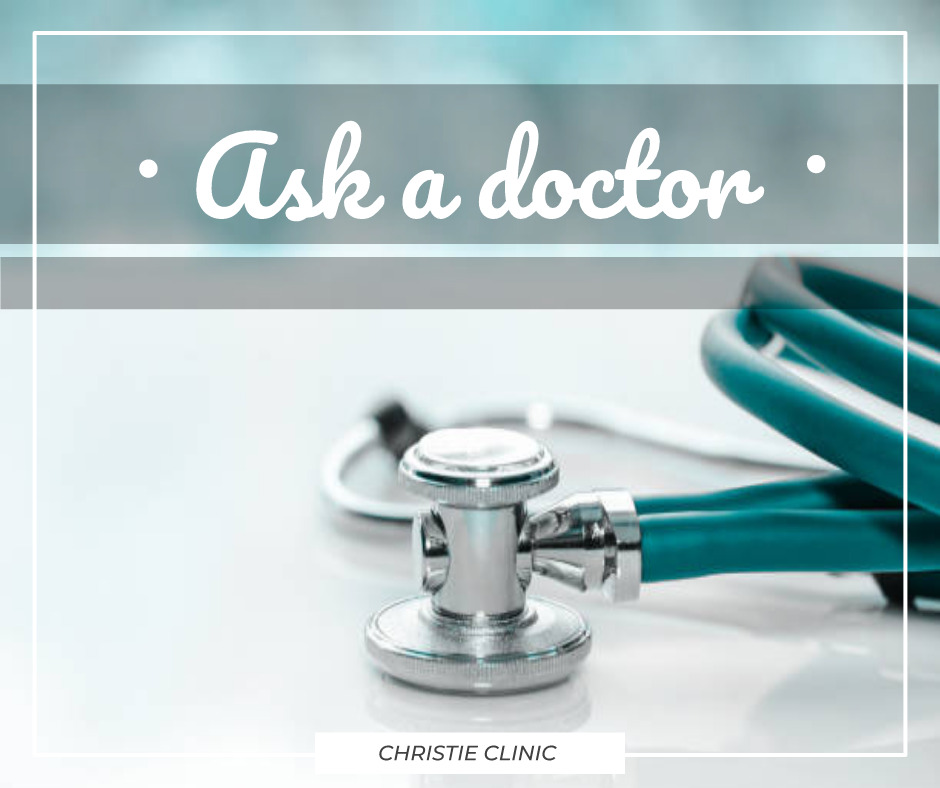
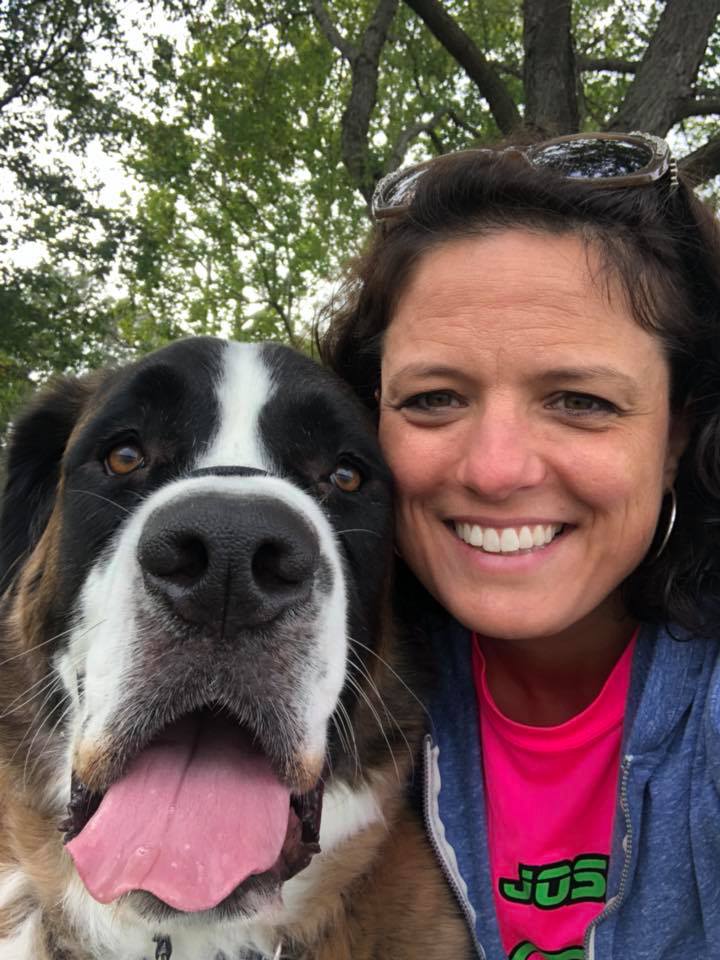






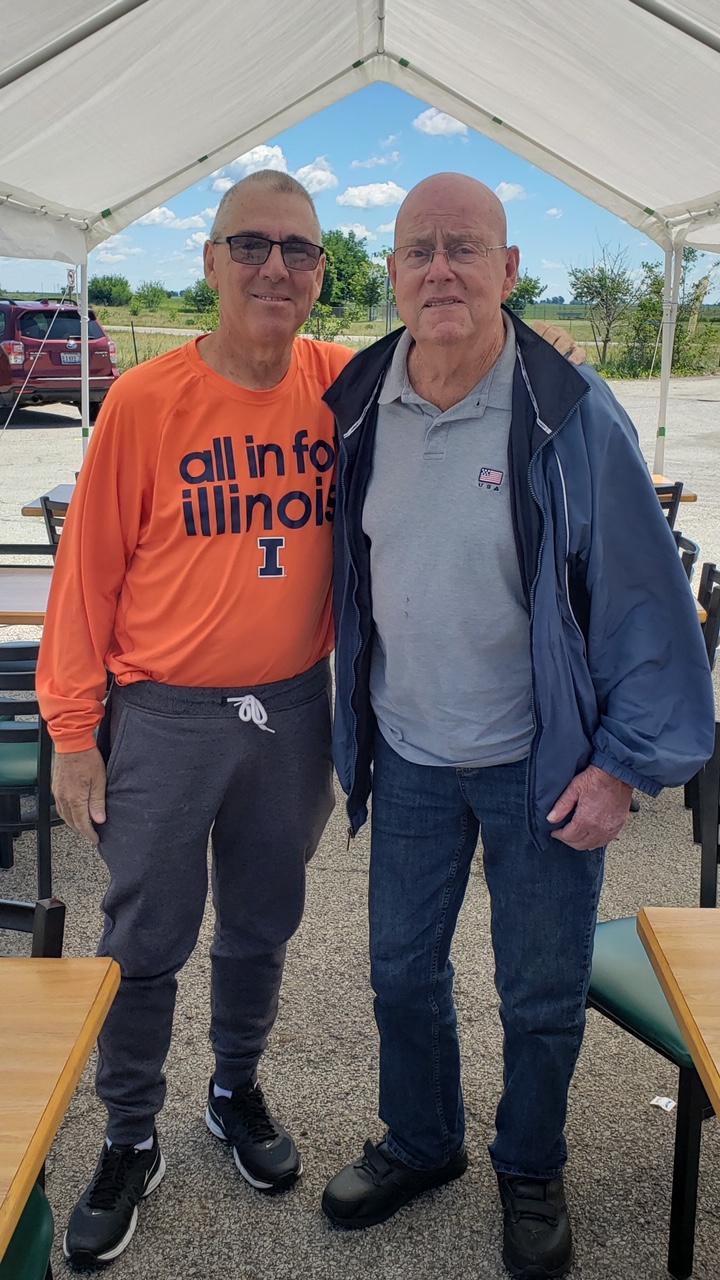


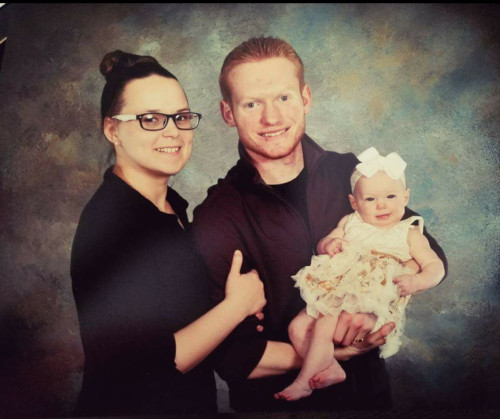
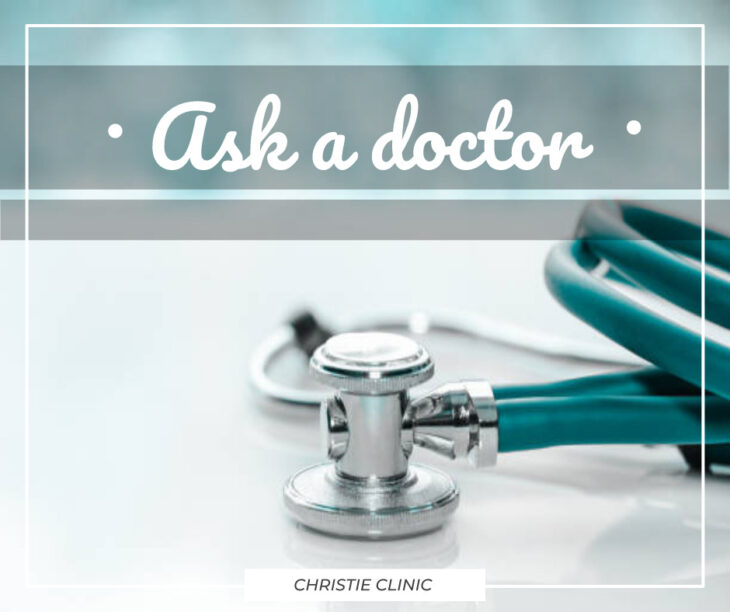


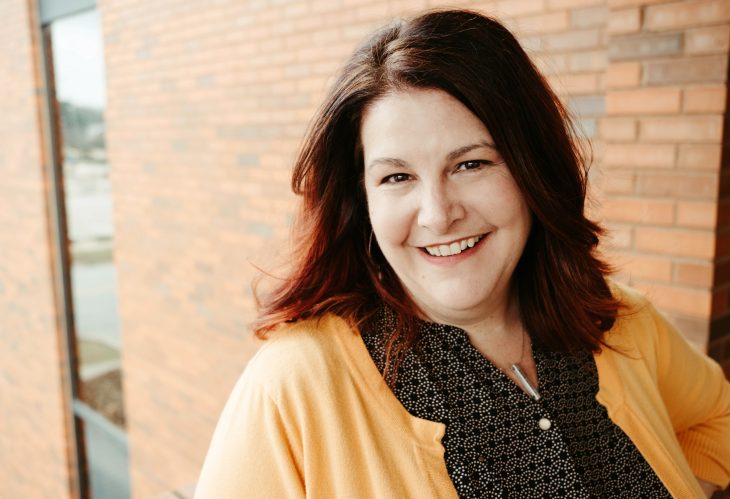







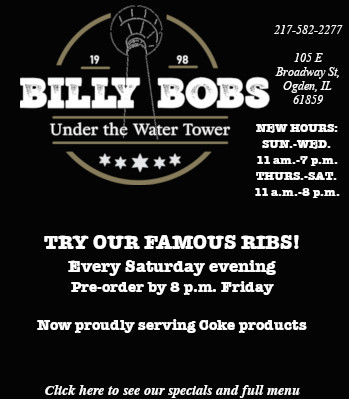



You must be logged in to post a comment.